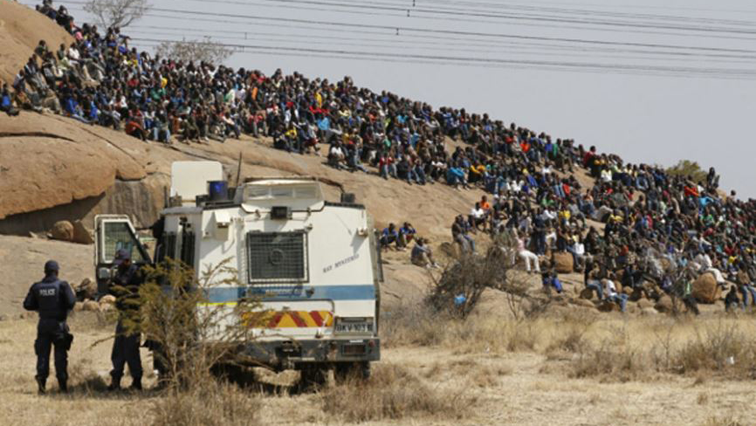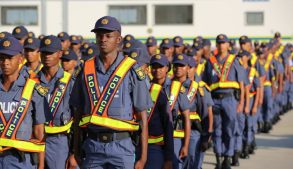Members of Parliament’s Police Portfolio Committee have questioned why eleven years after the Marikana massacre, the South African Police Service has not yet finalised policies around the use of lethal force during protest situations. Public Order Policing (POP), the unit dealing with crowd management and protests, was in the spotlight in the committee today. SAPS bosses updated MPs on the implementation of the recommendations of the Marikana Commission.
More than a decade ago, 34 miners were mowed down by police during protests at the Lonmin mine in the North West. The Marikana Commission was then established to make recommendations on Police and Crowd Management. The Commission’s report, which largely deals with the use of force, was approved in 2018 and handed over to SAPS in 2021.
“Use of force, while there have been national instructions the standard operating procedure has not been finalised. And we need to get a reasonable explanation as to why it should take so long for a SOP to be issued, given the fact that there have already been two national instructions,” says the DA’s Andrew Whitfield.
SAPS say there’s a national policy on crowd management developed by the police minister as well as national instructions, some of which are already in place.
“There have been national instructions that contain details, as to what needs to happen. But what we then realize is that we need to simplify the national instructions that is where the matter of the SOP comes in, to say let’s develop a further SOP that simplifies the initial instruction,” says National Police Commissioner General Fannie Masemola.
Masemola mentioned that even though crowd management is a labor-intensive operation. There is a correlation between under-staffed POPS units and the use of force.
“You need numbers to do it else you have problems on the use of force because the less numbers, the more force that might be used might not be proportional,” Masemola added.
He says while more officers have been allocated to public order policing, the unit is not optimally capacitated and added that imminent budget cuts prevent the proper capacitation of the POPS.
Masemola says SAPS is engaging with the National Treasury. But says many areas will be affected by the cuts, and the SAPS will have no option but to cut back.






